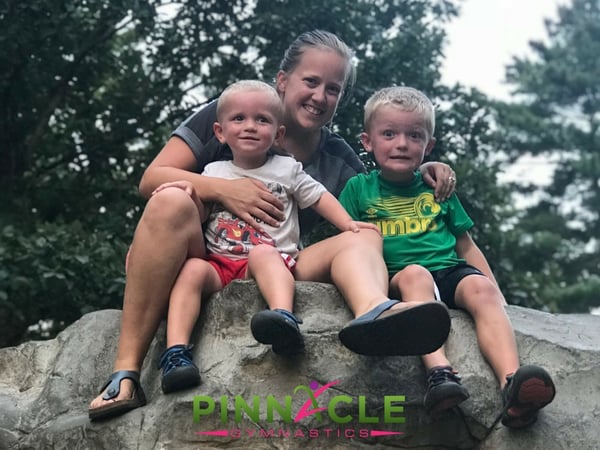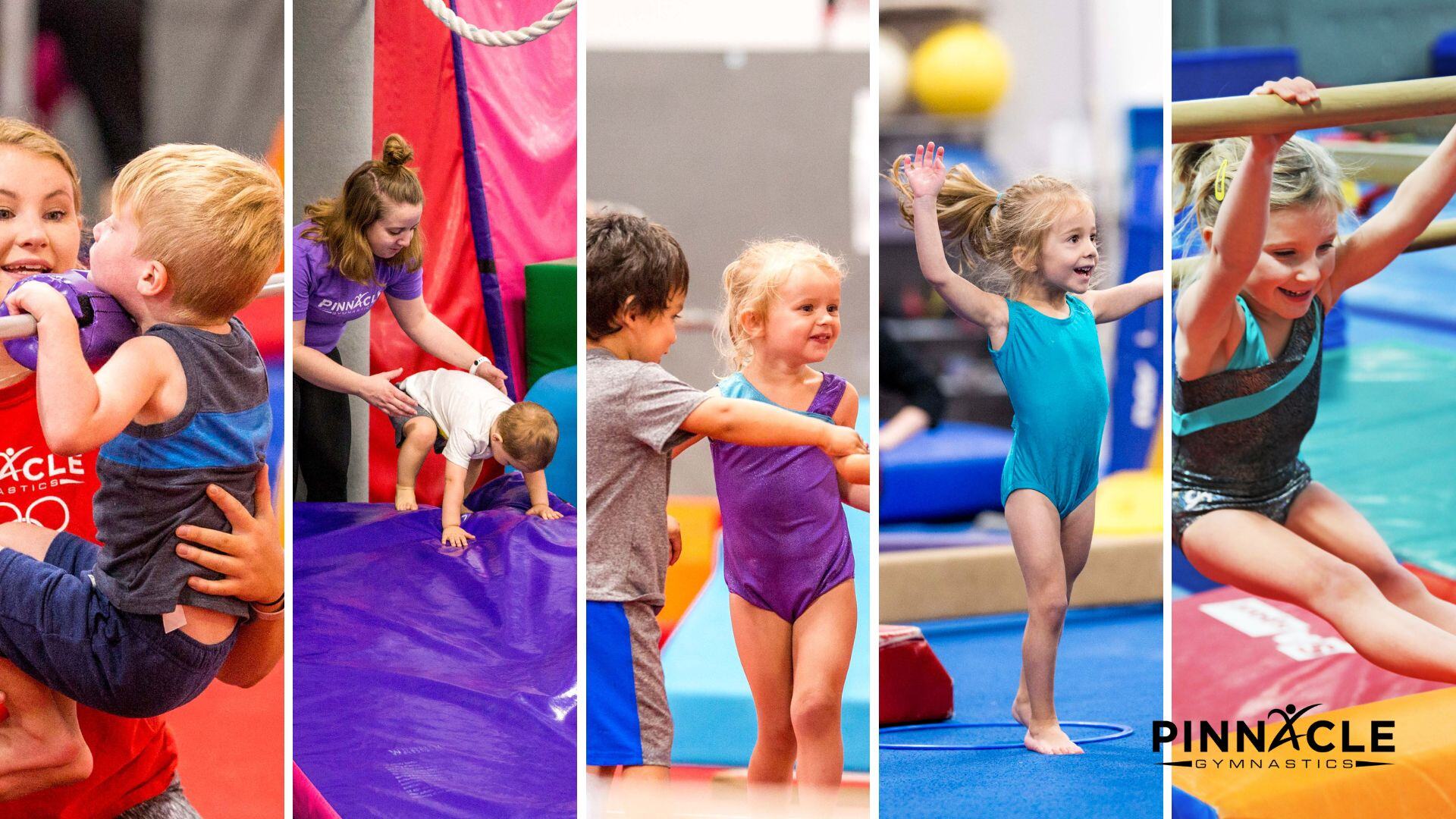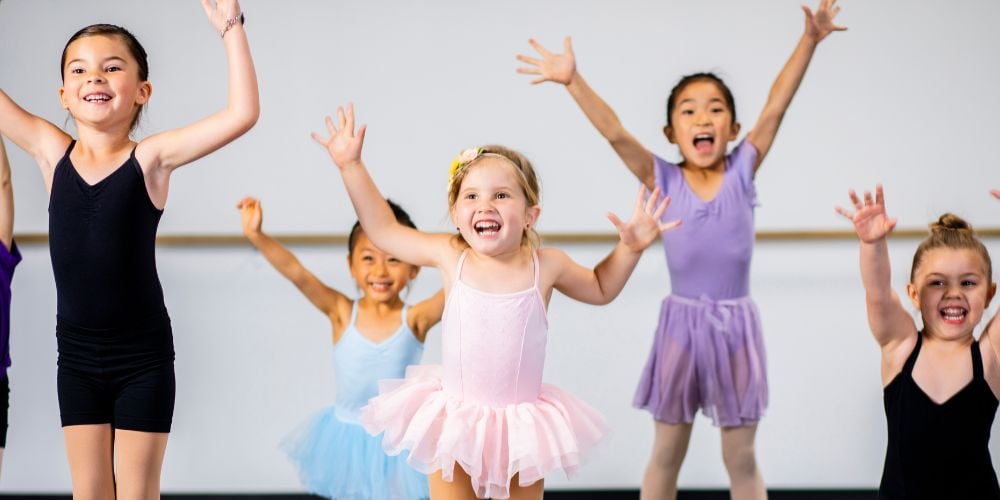Things to Say to Children and The Two Words Removed from My Parenting Vocabulary
I know what you are thinking, there are several words that should be off limits for parents while they are speaking with their children. I do try to keep things honest, while still age appropriate for my kids. We have discussed some difficult topics and come out better on the other side. However, when looking at things to say to children, I realized, the words, "be careful" have no place in my parenting vocabulary, and here's why!
The Reasons "Be Careful" is Gone
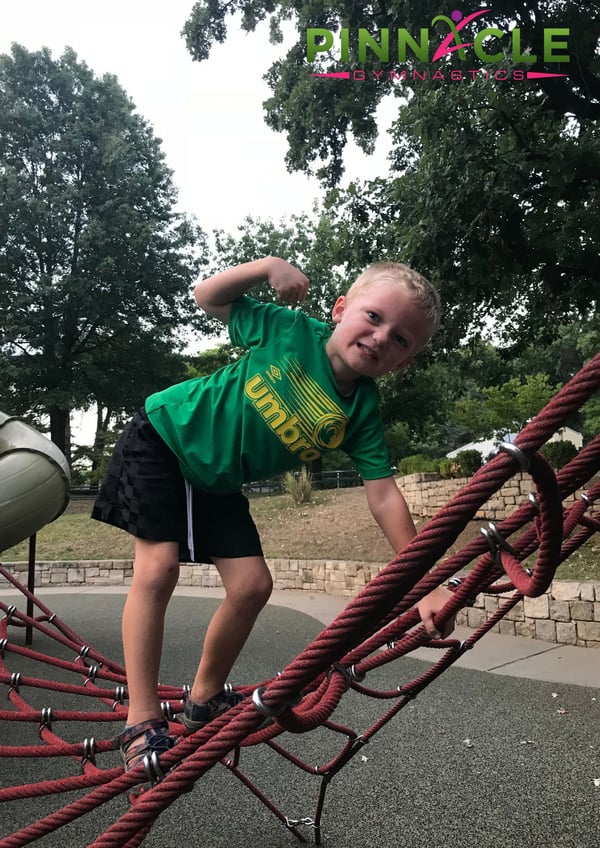 It seems so intuitive to use these words whenever you are speaking to your children. Relatively innocent, these words actually hold a much stronger punch than you realize. I have three main reasons I have removed these words:
It seems so intuitive to use these words whenever you are speaking to your children. Relatively innocent, these words actually hold a much stronger punch than you realize. I have three main reasons I have removed these words:
- They are Too Vague: When I speak to my kids on many different issues, I speak with detail and answer all questions they have. I am a firm believer that if you do not receive answers to your questions, then you stop asking them. The words "Be Careful" do not give any actual instruction, instead simply turn their attention away from what they are doing or cause them to become hesitant.
- My Children are Different: I have two very different children. My four year old son is a careful, intuitive type. He is always scanning and assessing the situation before he does anything. He does not need to be reminded to be careful, and often these words would give him unnecessary hesitation towards an activity. My two year old son is the exact opposite. He is a jump all in and think later kind of kid. This means that the words "Be Careful" mean nothing to him. If I want him to stop and think, I need to be direct and clear.
- Automatic Response: The words can quickly become an automatic response from parents, even when the child is perfectly safe. This simply restricts their feeling of adventure and does not allow them to feel empowered to make their own choices. It feels as if the parent is always in control.
What I Have Replaced "Be Careful" With
Trust me, I am still a very helicopter like parent. I still have a strong, focused eye on my children and it has been a struggle with changing my wording and attitude. Luckily I ran across this wonderful article that gave me some things to think about and replace the words "Be Careful" with. 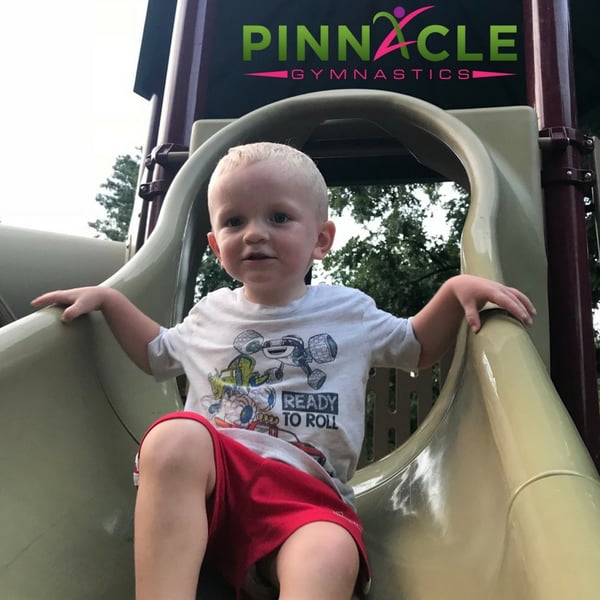
- Assess situations and ask, What’s the worst that could happen? This is the one I struggle with the most. I want to prevent my child from ever experiencing pain or failure, however it is critical for their development. They need to feel empowered to make mistakes and be given the chance to fail and start over. A small scratch is not the end of the world.
- There’s nothing wrong with eliminating unnecessary risks. I love this concept. It forces the parent to think about the situation at hand and give direct, focused instructions. It eliminates the vague statement and instead puts a direct command towards the child.
- Pay attention to what kids are capable of. Kids are amazing! They can develop skills in a few hours that many adults would take days to adjust to. They are made for adaptation and failure. By stepping back, I have found that my four year old is capable of amazing things and my two year old is able to step back and self assess a situation.
What is Next? How to Change the Other Adults.
After testing the waters and deciding that this is the way I wanted to go, I started hearing just how often other people in our children's lives say this phrase. It is amazing. I decided to sit down with my husband and tell him what I have found. Luckily he was on board and stopped saying it all together. We do slip up from time to time, but it is a wonderful spot to be on the same page and see our children thrive because of it.
Grandparents, however, is a different story. My husband and I are lucky to have both sets of grandparents involved in our children's lives, so it was a conversation we thought we should have. We both brought it up, one set jumped on board and the other thought we were putting our children at risk. We simply moved on, cannot win them all!
This change may seem a little strange to some. How can two little words make all this difference? It really has! It is important to make sure that all of our language towards children is geared toward building strong, independent, and empowered youth. By stepping back an assessing these two little words, I have started the ball rolling towards building strong children who turn into strong adults.
